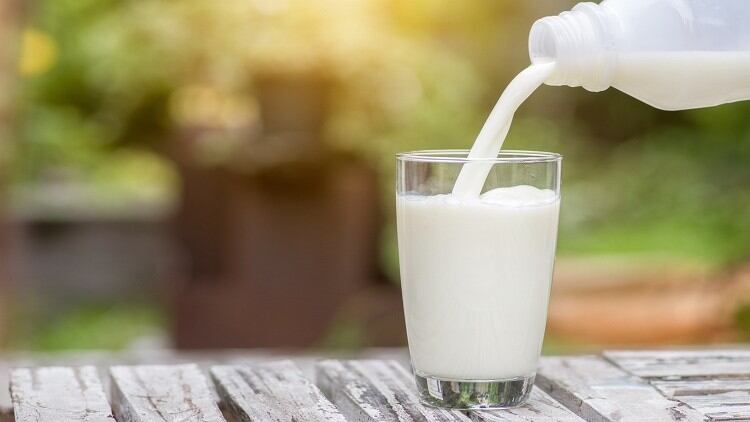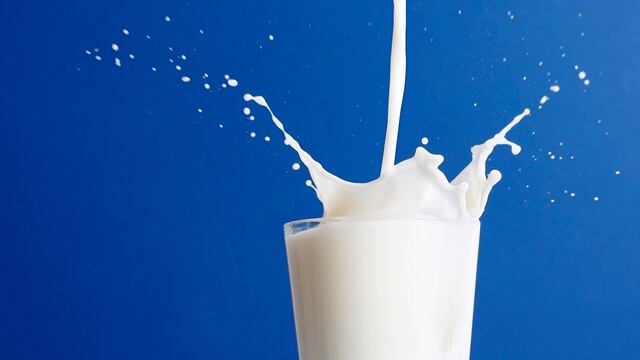The New Zealand Ministry of Primary Industries (MPI) enforced regulations in 2016 to govern the sales of raw drinking milk to the public, requiring all sellers to register with the ministry, follow a particular set of hygiene rules when harvesting, bottling, storing and distributing the milk, frequently test their milk, and keep contact details for their customers in case of food safety issues.
A review took place around the end of 2018, and the ministry opened the review to seek public consultation from both suppliers and consumers in May 2019.
Despite these regulations having been in place for several years, MPI has said that raw milk sellers are still trying ‘various tactics’ to sell their product without registering with the ministry.
“[These] suppliers have been using various tactics in an attempt to continue selling their product, including selling it as bath milk or pet milk,” said MPI Food Compliance Manager Melinda Sando via an official statement.
"These tactics are not legal in our view and are a way [these sellers are trying to] get around the regulations and avoid the costs associated with being compliant including food safety testing costs, registration costs, and audit costs.”
She added that if discovered, these sellers would be penalised accordingly and that pleading ignorance would not be accepted as an excuse.
“[All] suppliers were able to take part in the consultation process around the introduction of new raw drinking milk regulations – [They] knew what the rules were designed to do and why they were brought into effect.
"They need to stop selling unregulated product immediately and will only be able to resume selling once they have met all requirements to make them compliant.
"We make no apologies for holding to account people who are breaching the regulations. The rules exist for a reason – to protect human health.”
The dangers of raw milk
Raw milk is essentially unpasteurised milk. It has been known to contain harmful bacteria that could cause illnesses, which was what prompted the MPI rule enforcement back in 2016.
"Raw unpasteurised milk is a risky product as it hasn't been heat-treated (pasteurised) to remove illness-causing bacteria including E. coli, listeria and Campylobacter,” said Sando.
"These types of bacteria most commonly cause severe diarrhoea and vomiting, but occasionally some have been linked with more serious complications that include miscarriage, paralysis, meningitis, and serious kidney problems in children. Raw milk may also be a source of tuberculosis (Tb).
“There have been multiple instances in the past of people getting sick after drinking raw milk from some of these suppliers.”
Nonetheless, years after the rule enforcement, this is still a source of debate for raw milk supporters in the country, many of which claim that pasteurisation merely removes a large amount of the milk’s original nutrients, and that good bacteria is destroyed along with the bad in this process.
“Years ago, people who lived in rural areas would have had easy access to milk, [but] with increasing urban density, those who lived in the city would not have had this. [Days-old] raw milk, was associated with increased risk of disease like tuberculosis – [which] is where pasteurisation came into play,” said microbiologist Kate Greeneklee in a presentation supporting raw milk.
“It was acknowledged that pasteurisation changed the taste of milk and decreased some of its nutrition, but this was far outweighed by the reduction in illness.
“[I believe that today], pasteurisation is no longer necessary to prevent diseases [like diphteria] or to deter food-poisoning bugs like Listeria – having healthy cows, keeping the milk properly and consuming in a few days is what’s important.”
MPI’s published list of registered dairy operators licensed as of December 2019 to sell raw milk shows 25 such firms – two fewer than the 27 that were available back in 2018.
That said, MPI stressed that the aim was not to shut down the raw milk industry as a whole.
"We support consumer choice. We're not saying people can't drink raw unpasteurised milk. What we are saying is that when people do choose to drink raw unpasteurised milk, they're able to make that choice with a degree of confidence that the milk they're consuming is produced within the regulatory framework,” Sando emphasised.
“Purchasing from MPI-registered suppliers who are being audited regularly to ensure they are managing risks and testing regularly helps consumers reduce the risks if they choose to drink this product.”





